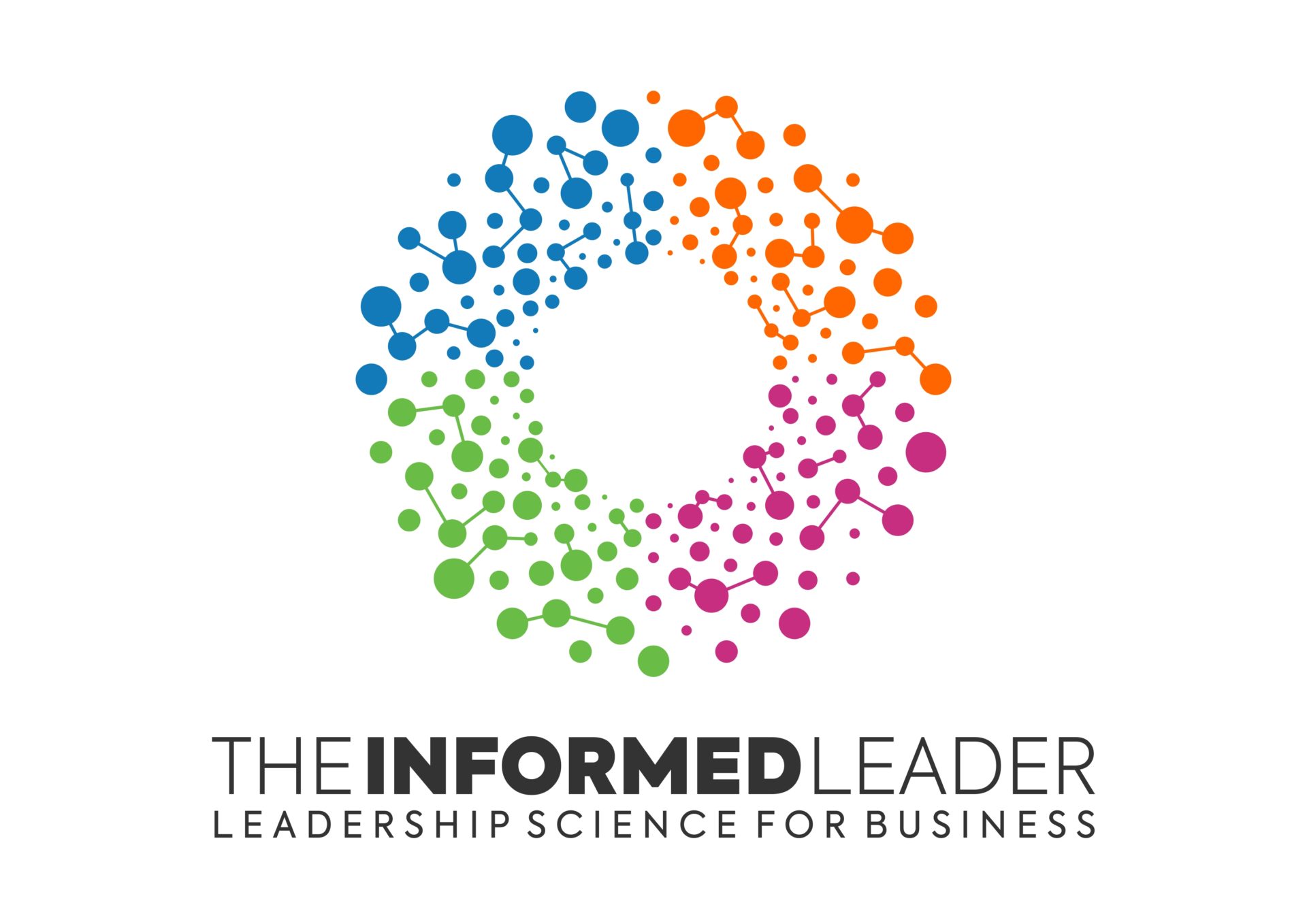The Dynamic, Evolving Brain
The issue of pervasive, inaccurate myths is pretty human. A list of them all would be exhausting. However, there are a few involving the brain that are still sticking around like peanut butter in a thick beard. Trying to get peanut butter out of one’s beard is very frustrating. It almost requires some kind of intervention. But I digress.
- We use only a small portion of our brain power!
- You still see this one as the central plot point of many forms of entertainment. “If only we could unlock the full power of our minds!” The funny thing is that no one really knows where it came from, or how it became so prevailing. It’s untrue. Your entire brain is active at all times. There is nothing waiting. It’s all in use.
- We are left-brain or right-brain dominated
- It is true that there is specialization by the hemispheres; if you do certain very clever experiments, you find that the hemispheres can be surprisingly independent. However, the idea that we are one or the other is far too simplistic. We use both; we are both.
- Sigmund Freud is relevant
- Freud is still consistently referenced in movies featuring any kind of psychological angle. If he is not being directly referenced, his theories remain so prevalent that they tend to show up anyway. Calling someone “anal”, the symbology of dreams, mommy or daddy issues, lying back on a couch while someone with a severe appearance and an Austrian accent quizzes you on your childhood… etc. Freud’s ideas were provocative and titillating. They made for wonderful, wild-fire gossip. They were also ungrounded in any kind of well-thought-out experiment. At this point his psychoanalytic theory is history.
- We have a set amount of brain cells that only decreases; if you lose some, you’ll never get them back
- This one never made sense. How can we explain the amount of learning and change that occurs throughout an average human lifespan if there’s absolutely no brain growth? And why would we be able to heal every other part of the body, not to mention continuously regenerating every other part of the body, with the exception of the brain?
That last myth is the crucial one today.
Our brains are a continuously changing adaptive mass of neurons. Genetic pre-programming, environmental stimuli, and a fantastic inner life all combine to produce us. It is not hyperbole to say that we in a constant state of re-creation.
The IQ
The IQ test has a long history I will not attempt to describe here. This is a blog, not a book. Key takeaway: Alfred Binet’s Stanford-Binet test, which was the most popular IQ test for a long time, was originally meant to help school children who were behind in their development. The aim was to determine where they were at in relation to the majority of their peers, then adapt their curriculum to support them in catching up.
Why would a test administered to a child determine their potential for the rest of their lives? How could it take into account your most important features: your interests, passions, work ethic, etc.? Moreover, those things are not set quantities either. They change. Everything about a person can change. If you practice, you can become skilled at taking IQ tests. As your test scores rise, does this mean you’re actually getting smarter?
Absolutely.
How would your life be altered if you realized that through study and practice, you can become progressively smarter?
The only question that remains after this realization is which interests (or necessities; life has many pressures) you’ll choose to concentrate on.
